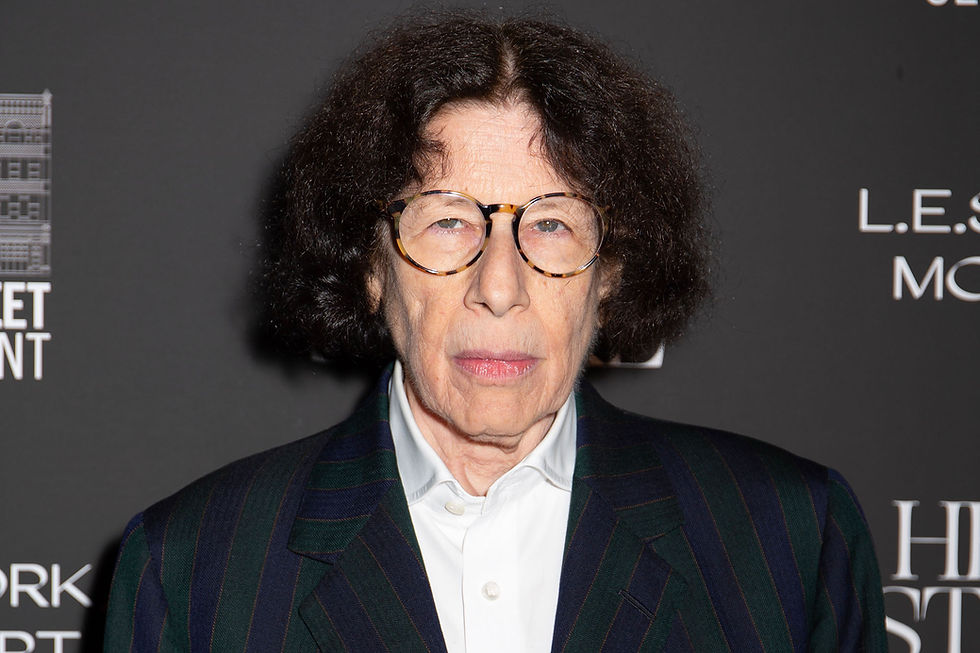torah into life
- Minyan Team

- Feb 1, 2022
- 4 min read
By Rabbi Daniel

‘The study of Torah leads to them all’ - Mishnah Peah 1:1
For every Torah insight I share, our Community Builder and chair of the Ma Tovu team, Rachel Diamond-Hunter can respond by suggesting a podcast she has listened to that conveys a similar insight in a different way. Does that make these podcasts equivalent to - or better than the Torah?!? Is their wisdom also Torah?
Two Shabbats ago, in response to our study of the wisdom of Yitro (Moshe’s gentile father-in-law) in Shemot/Exodus 18, our Shabbat morning study group asked this question: what is the status of the wisdom of gentiles?; can the wisdom of gentiles be classified as Torah?
The opportunity to learn with/from you on Shabbat morning is one of the highlights of my week. We begin by dedicating our learning to that which our hearts wish to lift up and acknowledge: a dear friend who we are intentional towards their healing from sickness; an ancestor whose influence we are grateful for; a past experience that calls for transformation; a loved one who has past away; a teacher we have learnt from. We say the bracha (blessing) for Torah study and off we go…
The learning usually precedes something like this: I introduce the specific text we will be focusing on and hand over to Gay - who embodies the Torah-imbibing power of years of regular synagogue attendance - to describe the larger context of the text within the parsha. Gaby will read the Torah text for us from the Sefaria source sheet on the shared-screen. I’ll focus on a few key words or themes before introducing the biblical and rabbinic inter-texts through which we will re-read and find new meaning in the Torah text. Martin will read these texts for us and I’ll draw out the connections before opening it up for responses. Ed will connect this teaching to Torah more broadly before Stephanie connects it to our contemporary condition: everyone will be invited to contribute. When we close our Torah study for the morning, with gratitude for one another’s insights, we come to realise that the world doesn’t quite look the same as it did at the start.
This method of study is based on the rabbinic approach to Torah: the text of Torah cannot be read naked. For rabbinic Judaism the written Torah (the text) comes to life when clothed in the oral Torah (the spoken word of study). And so each year I approach Torah in clothed from the wardrobe of a particular teacher. I read their discourses/essays on the parsha whilst paying attention to any moment where I feel moved. I then find the biblical or rabbinic sources that they quoted on Sefaria, put them on a source sheet and include an extract of that teacher’s discourse. For years I turned to the psychoanalytic essays of Aviva Zornberg. Then, with Anne and Daniel at our early morning pre-shul study sessions at Hashomer House, we turned together to the work of the legendary twentieth century Israeli teacher Nechama Leibowitz. Last year I chose to study/teach Torah with the chasidic thinker the Sefat Emet (real name: Rabbi Yehudah Leib Alter, Poland 1847 - 1905) drawing on the English translation of Rabbi Arthur Green.
The Sefat Emet’s teachings focus on the inner life of the Jew. He invariably, and ingeniously, connects the narrative of the parsha with each of our own spiritual quests for the Divine - the ‘innermost point’ as he calls it - within. As the world turned inwards in Covid-times, the Sefat Emet guided us from a chaotic world towards the possibility of inner peace. This year we have embarked on a journey back out into the messiness of the world guided by Torah in the clothing of the contemporary American theologian Rabbi Shai Held. Rabbi Held is an expert on social-activist-theologian Rabbi Abraham Joshua Heschel and writes a Torah commentary deeply concerned with the guidance the Torah gives us for daily behaviour.
He concludes regarding gentile wisdom that ‘although Torah is endless in its depth and riches, there is vital wisdom to be found elsewhere, too. The Torah itself teaches that Torah alone is not enough.’
This week it’s my turn to recommend a podcast that conveys this message powerfully. In each episode of Podrash Rabbi Leon Wiener-Dow (a contemporary theologian and exponent of the work of my hero Franz Rosenzweig) listens to a ‘secular’ podcast and brings it into dialogue with texts from Torah. The ‘gentile wisdom’ is deepened through Torah and Torah is turned in new ways by the ‘gentile wisdom’. This is the task of our Torah study in Makor Hayim: to offer Torah to the wider world and to allow the wider world to offer itself to Torah.
May our Torah study nourish our inner life and guide us to act justly as we step out into the messiness of the world.
If you are interested in deepening your Torah learning, here are some possibilities…
Join our Shabbat morning study group which is part of our online Shabbat morning service most weeks starting at 10:30am.
Study Torah with a friend or fellow Community-Builder. Email me if you’re interested in being matched with a study-partner.
Buy a parsha-commentary book such as those suggested above.
Join Anne and myself at 8am on Wednesdays in a Willesden Green cafe between now and Purim for a deep-dive into the book of Esther. Details will be shared here.




Commentaires